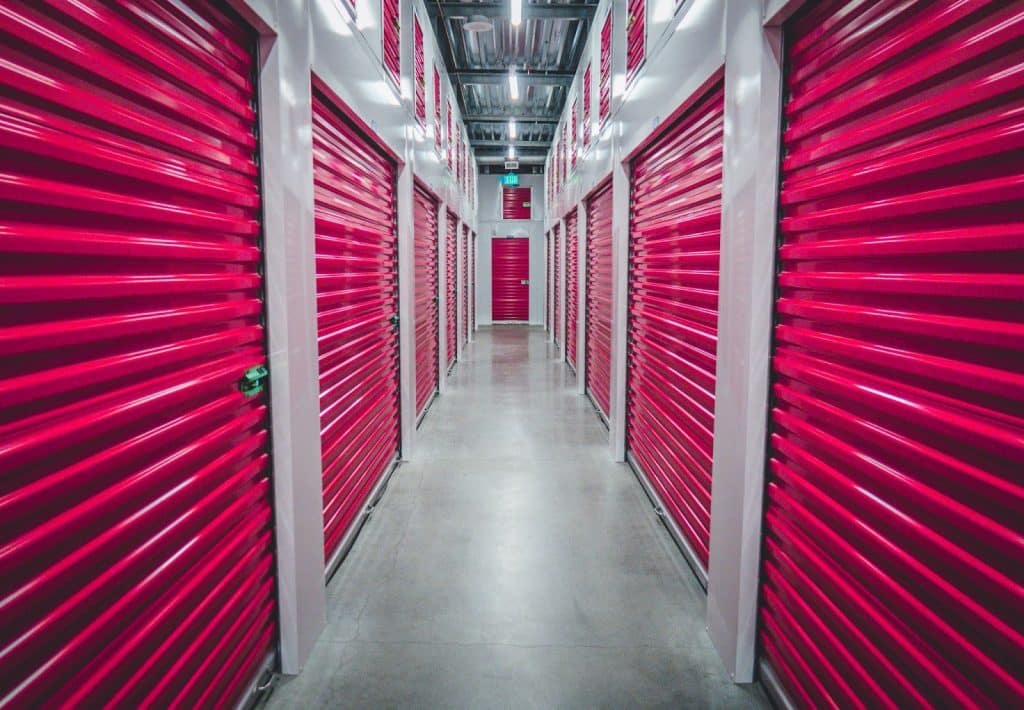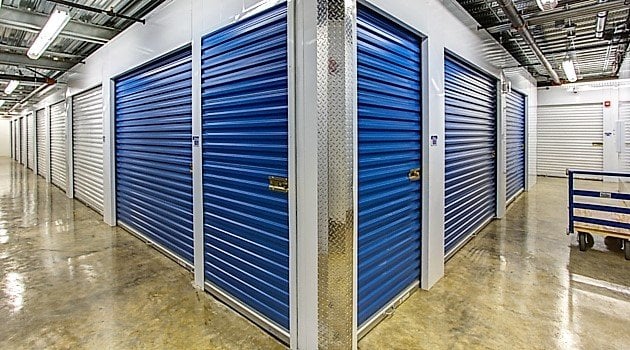
As global awareness of environmental issues grows, industries across sectors are increasingly adopting sustainable practices to minimize their ecological footprint. Self storage service, recognizing their role in resource consumption and waste generation, are actively implementing eco-friendly initiatives to promote sustainability while providing essential storage solutions. This detailed overview delves into the sustainable solutions adopted by self-storage facilities, highlighting their commitment to environmental stewardship and community engagement.
Key Sustainable Practices:
- Energy-Efficient Facilities:
Self-storage facilities are investing in energy-efficient infrastructure to reduce their reliance on non-renewable energy sources. Upgrading to LED lighting systems, installing motion sensors to regulate lighting usage, and employing energy-efficient heating, ventilation, and air conditioning (HVAC) systems are common initiatives. These measures not only lower electricity consumption but also contribute to long-term cost savings and environmental conservation.
- Solar Power Integration:
Embracing renewable energy sources, some self-storage facilities are incorporating solar power systems into their operations. Solar panels installed on rooftops or in parking areas harness solar energy, providing a sustainable alternative to traditional electricity sources. Solar power integration reduces greenhouse gas emissions and mitigates the facility’s environmental impact, demonstrating a commitment to sustainable energy practices.
- Water Conservation Measures:
Recognizing the importance of water conservation, self-storage services implement various measures to minimize water usage. Installing low-flow plumbing fixtures, such as faucets and toilets, reduces water consumption without compromising functionality. Additionally, rainwater harvesting systems capture and store rainwater for non-potable uses like irrigation, flushing toilets, and cleaning, further conserving water resources and promoting sustainability.
- Recycling and Waste Management:
Promoting responsible waste management, self-storage facilities prioritize recycling initiatives to minimize landfill waste. Tenants are encouraged to separate recyclable materials from general waste, and recycling bins are provided onsite for convenient disposal. Facility staff coordinate recycling efforts, ensuring that materials such as paper, cardboard, plastic, and metal are sorted and processed appropriately. By diverting recyclable materials from landfills, self-storage services contribute to resource conservation and environmental preservation.

- Reusable Packaging Materials:
In an effort to reduce single-use plastics and promote sustainable packaging practices, self-storage facilities offer reusable packing materials to tenants. Recyclable cardboard boxes, eco-friendly packing peanuts made from biodegradable materials, and reusable plastic totes are among the sustainable options provided. By encouraging the use of environmentally friendly packing materials, self-storage services minimize waste generation and support the transition to a circular economy.
- Green Building Design:
Embracing green building principles, some self-storage facilities integrate sustainable design features into their construction or renovation plans. Utilizing eco-friendly building materials with low environmental impact, optimizing natural lighting through strategically placed windows and skylights, and incorporating green spaces such as rooftop gardens or permeable surfaces are common practices. Green building design enhances energy efficiency, reduces carbon emissions, and creates healthier indoor environments for occupants, aligning with sustainable development goals and environmental best practices.
Conclusion:
Self-storage serviceplay a vital role in promoting sustainability and environmental responsibility within their operations and the broader community. By adopting energy-efficient practices, integrating renewable energy sources, implementing water conservation measures, prioritizing recycling and waste management, offering reusable packaging materials, incorporating green building design principles, engaging in community education and outreach, and embracing digital solutions for sustainability, self-storage facilities demonstrate a commitment to environmental stewardship and sustainable development. Through collaborative efforts and innovative solutions, self-storage services contribute to a greener, more sustainable future while continuing to meet the storage needs of individuals and businesses in a responsible and environmentally conscious manner.






